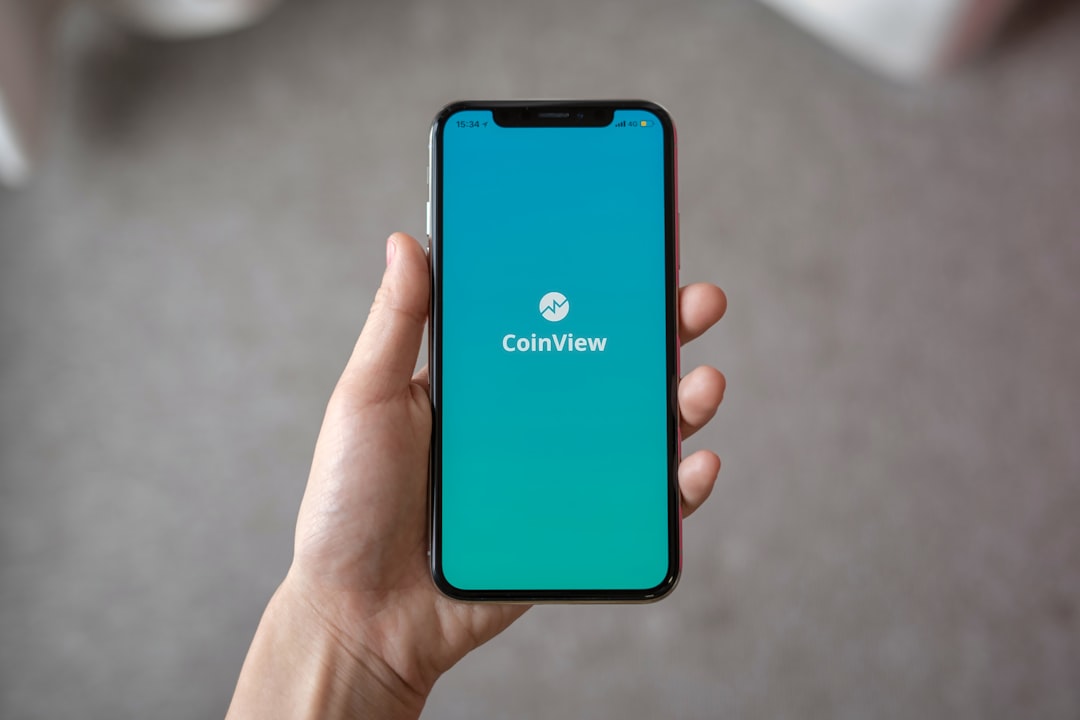Michigan residents face phone scams from Do Not Call attorney imposters and "prize" schemes targeting the elderly. Legitimate businesses identify themselves, offer clear options, and respect 'no'. Verify calls independently, use the National Do Not Call Registry, and consult a Do Not Call Attorney Michigan for rights protection. Avoid sharing personal info unless you've verified the caller's authenticity through official channels.
In today’s digital age, phone scams are a prevalent concern for consumers. From fraudulent charities to false investment opportunities, Michigan residents must remain vigilant against deceptive phone solicitations. This guide equips you with essential tools to identify and avoid these schemes. We explore common scams targeted at Michiganders, teach you how to distinguish legitimate from unlawful solicitations, and provide crucial insights on protecting your rights and personal information through the Do Not Call Registry. By following these tips, you can navigate phone calls with confidence and stay ahead of unscrupulous attempts to exploit you.
Understand Common Phone Scams in Michigan

In Michigan, consumers often encounter phone scams that can be disorienting and even dangerous. One common scheme involves fraudulent calls claiming to be from government agencies or reputable organizations, demanding immediate action and threatening severe consequences if the recipient doesn’t comply. Scammers may pose as Do Not Call attorneys, using legal jargon and intimidating language to manipulate victims into providing personal information or sending payments.
Another prevalent scam is the “prize or lottery” scam, where callers inform individuals that they’ve won a substantial prize but must first cover certain fees or taxes to claim it. These scams often target the elderly and those with limited access to financial resources. Staying informed about these common tactics is crucial for Michigan residents, as awareness can help them avoid becoming victims of phone-based fraud. Always verify the legitimacy of such calls by contacting official channels directly.
Recognize Legitimate vs. Unlawful Solicitations

Many phone solicitations today are legitimate, from sales calls to fundraising efforts and even legal services like a Do Not Call Attorney in Michigan. Recognizing the difference between lawful and unlawful solicitations is crucial for avoiding scams. Legitimate businesses typically provide clear identification of themselves at the beginning of the call, explaining their purpose and offering options for consent or opt-out. They respect your right to refuse and will not pressure you into making an immediate decision or providing personal information.
Unlawful phone solicitations, on the other hand, often employ deceptive tactics. They may impersonate government agencies, healthcare providers, or even a Do Not Call Attorney in Michigan to gain trust and sensitive information. Scammers might threaten consequences for not cooperating, demand immediate payment, or ask for personal details without valid reasons. If a call feels suspicious, hang up immediately and verify the source independently through official channels.
Know Your Rights: Do Not Call Registry

In the United States, consumers have a powerful tool against unwanted phone scams and solicitations: the National Do Not Call Registry. By registering your phone number on this list, you assert your right to be free from most telemarketing calls. It’s a simple yet effective step that allows you to control who contacts you. The registry is managed by the Federal Trade Commission (FTC) and covers both live operators and automated calls.
In Michigan, as in many other states, there are additional protections for consumers. A Do Not Call Attorney in Michigan can provide guidance on navigating these regulations and ensuring your rights are respected. They can also assist if you suspect a violation of these laws, helping you take the necessary steps to stop unwanted calls and pursue legal action if needed.
Protect Personal Information Over the Phone

When it comes to protecting yourself from phone scams, guarding your personal information is paramount. Scammers often use high-pressure tactics and impersonate official organizations to trick individuals into revealing sensitive data over the phone. They might pretend to be from a government agency, a Do Not Call Attorney in Michigan, or even a tech support team.
Remember, legitimate businesses and official bodies will never ask for personal or financial information via phone call without prior consent or an established customer relationship. Always be cautious when sharing details like your Social Security number, bank accounts, or passwords. If you receive a suspicious call, hang up immediately and contact the organization directly through their verified website or official numbers to confirm if the call was legitimate.
Verify and Research Before Responding

Before engaging with any phone solicitation, it’s crucial to verify and research the caller. Scammers often pose as legitimate organizations or authorities, so do your due diligence. Check if the caller’s information is listed on official government websites or business directories. If they claim to be from a legal firm like a Do Not Call Attorney Michigan, look up the contact details independently to confirm their authenticity.
Researching can help you identify red flags and potential scams. Be wary of urgent requests, threatening language, or demands for immediate payment. Legitimate organizations typically provide ample time for consumers to verify information and make informed decisions. Take your time, trust your instincts, and if something feels off, it probably is.






